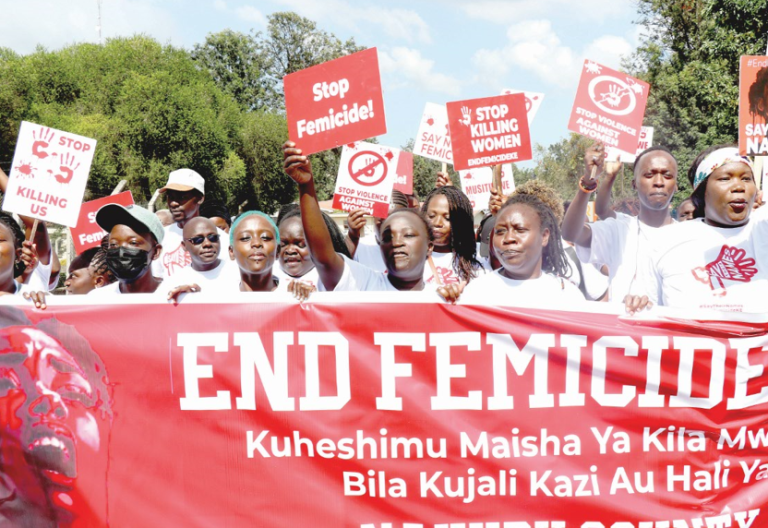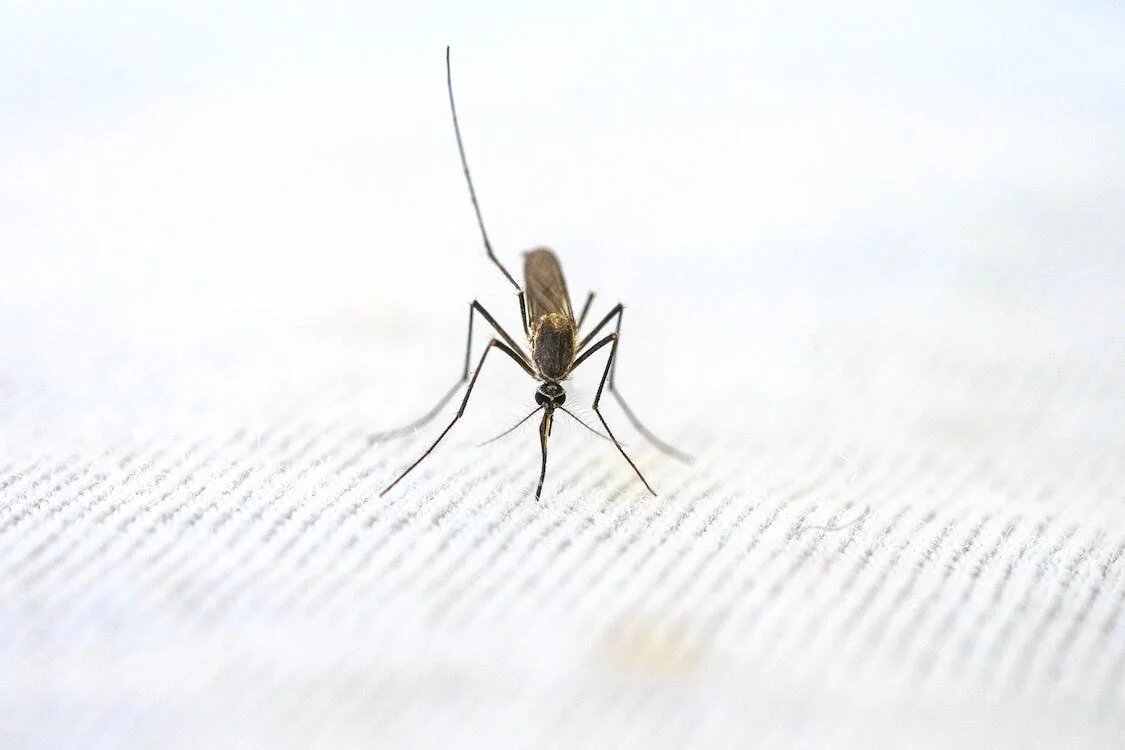Rising femicide cases spark outrage among women senators

Women senators expressed outrage yesterday over escalating femicide cases, demanding swift action from investigative agencies.
During a press conference led by Kenya Women Senators Association chairperson and nominated MP Veronica Maina, the lawmakers condemned the recent string of brutal incidents that endanger women’s lives and dignity.
They emphasised that femicide has become entrenched in society, normalising violence against women as a method of control and discipline.
The lawmakers defended women’s rights, declaring that women are not cultural relics to be punished for their independence, widows are not to be inherited, silenced, or humiliated into submission, and girls are not bargaining chips for family honour. They are all human beings worthy of safety, respect, and justice, they added.
Said Maina: “While the statistics may not be accurate due to poor data collection and skewed reporting, in 2024, Nairobi, Kiambu and Nakuru counties seem to be leading in these fatal cases.
“Kirinyaga, Kisii, Kitui, Kisumu, Meru, Machakos and Nyeri follow closely in that order. Recent examples however cut across various counties.”
Disturbing cases
The senators highlighted several disturbing cases across various counties. In Wajir, 17-year-old Gaala Aden Abdi from a refugee family in Dadaab was brutally murdered and her body set on fire for refusing marriage to a 55-year-old man.
In Baringo, a 23-year-old woman was hacked to death by her estranged husband in front of her children simply because she wanted to move on with her life.
In Nyamira, widow Hellen Mogaka was violently assaulted and subjected to humiliating rituals for refusing to participate in burial practices forced on her by her late husband’s family.
In Kajiado, outdated cultural practices continue to subject girls to female genital mutilation, particularly during school holidays.
In Kisii, widows have been forcefully evicted from their matrimonial homes after their husbands’ deaths, stripped of dignity, property, and protection.
Maina stressed: “These acts are not tradition. They are not culture. They are violence – and they are criminal.”
She noted that while Kenya has progressive legislation, implementation remains problematic.
“The Constitution guarantees equality and protection from discrimination,’ she said.
“The Protection Against Domestic Violence Act recognises various forms of abuse as punishable offences. Yet too often, our women and girls suffer in silence, and justice remains elusive.”













